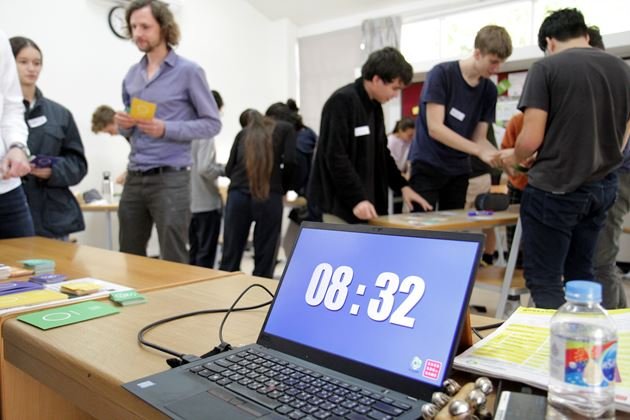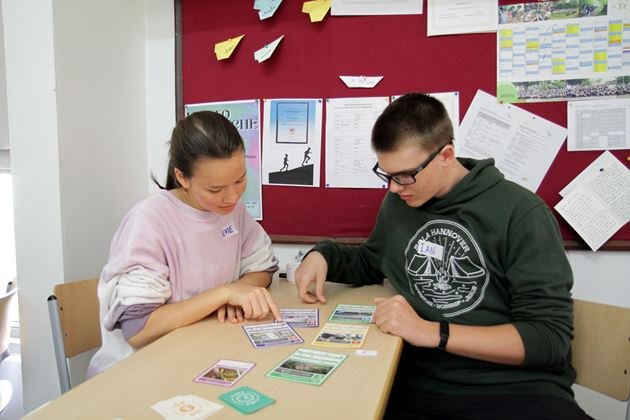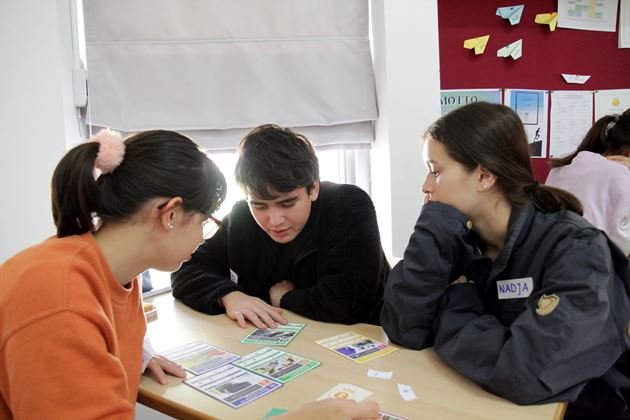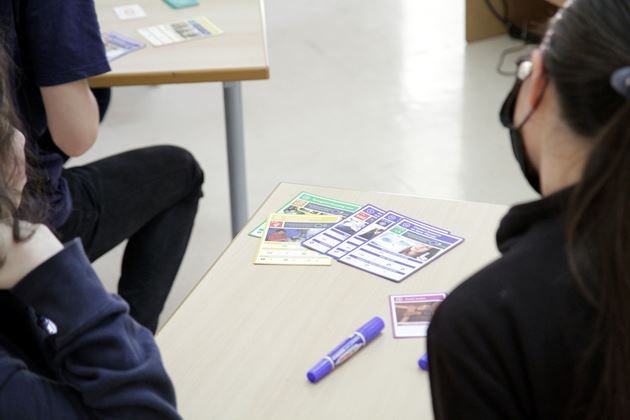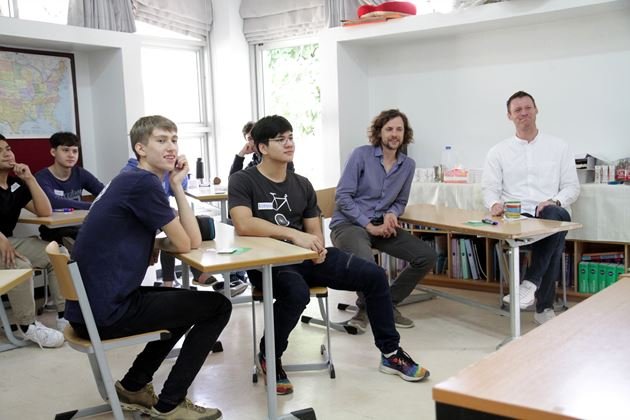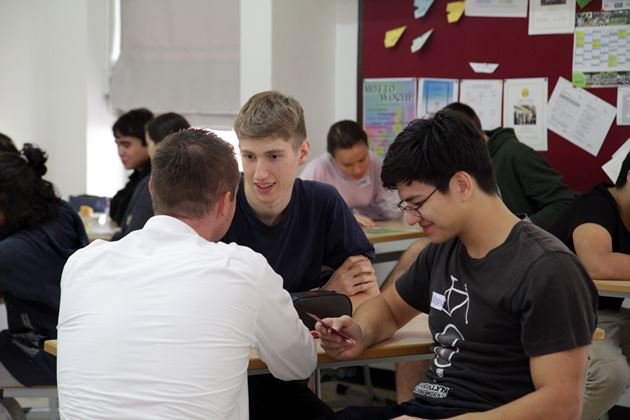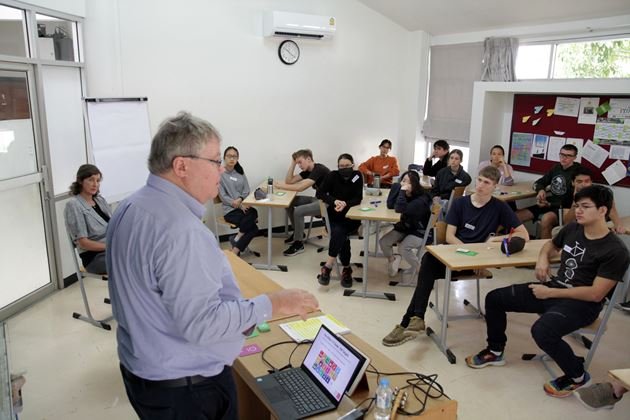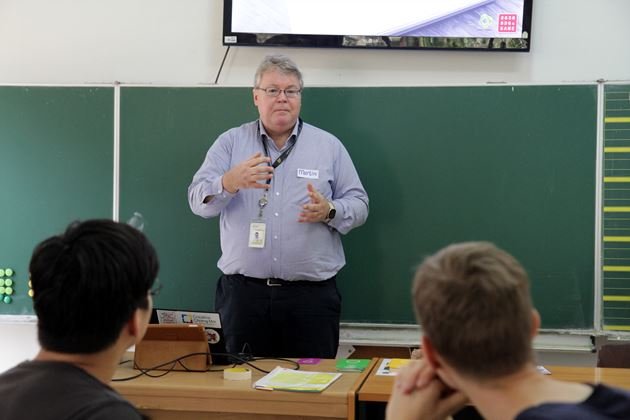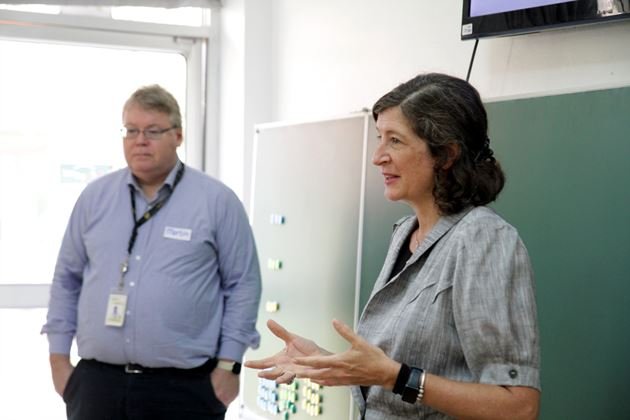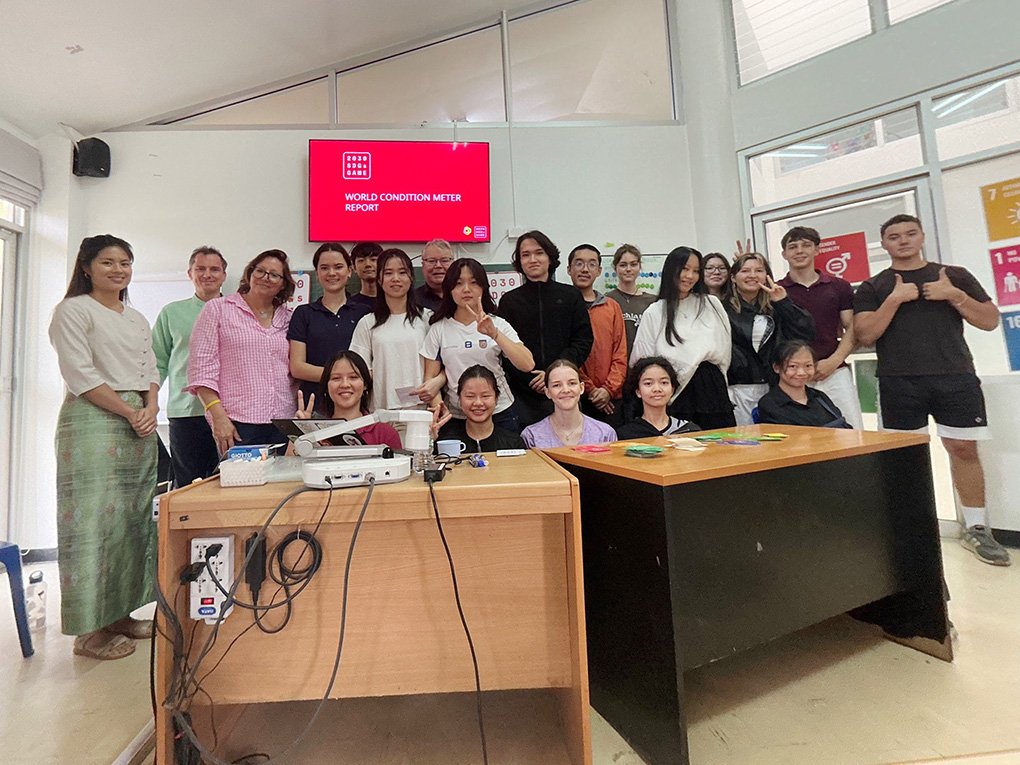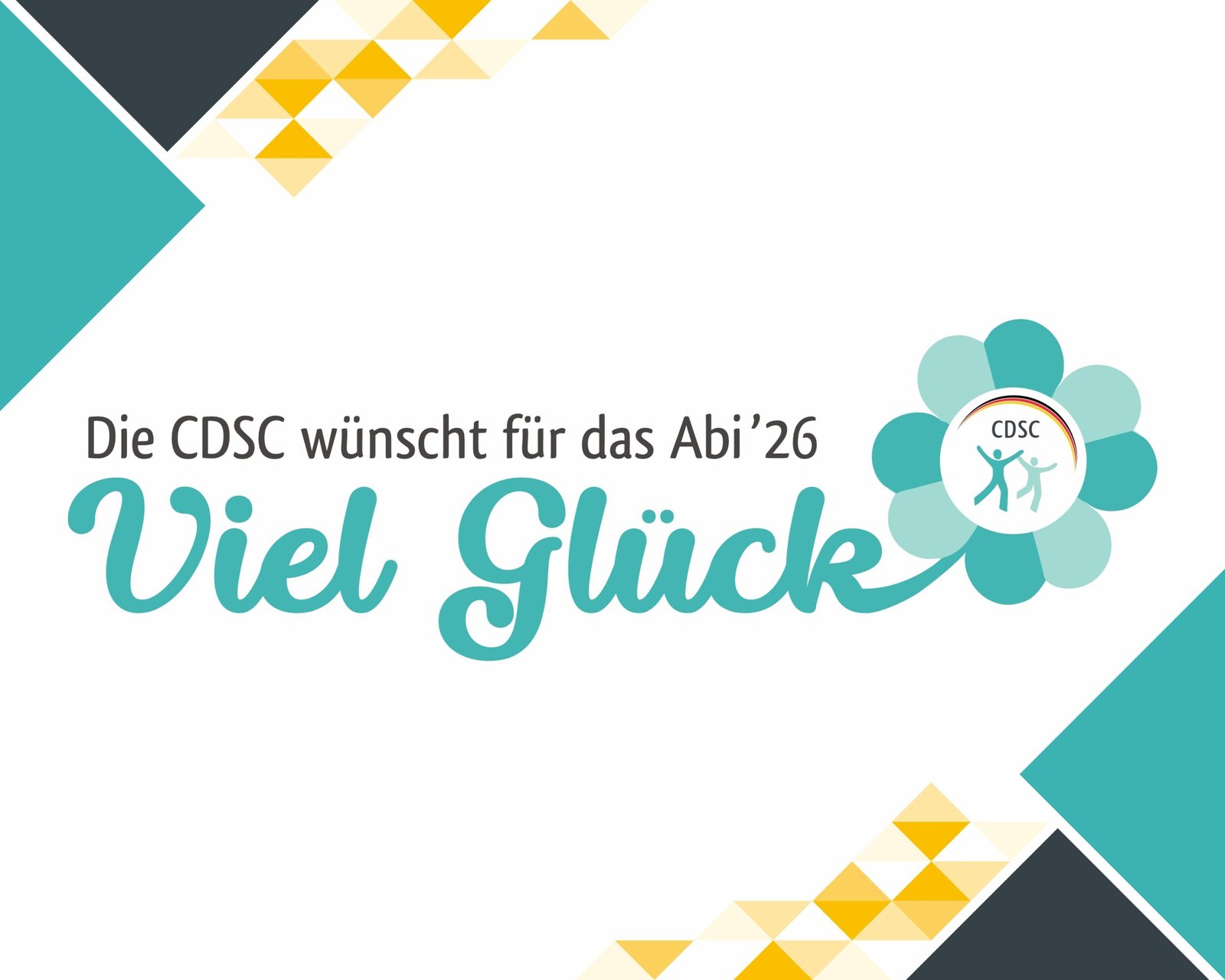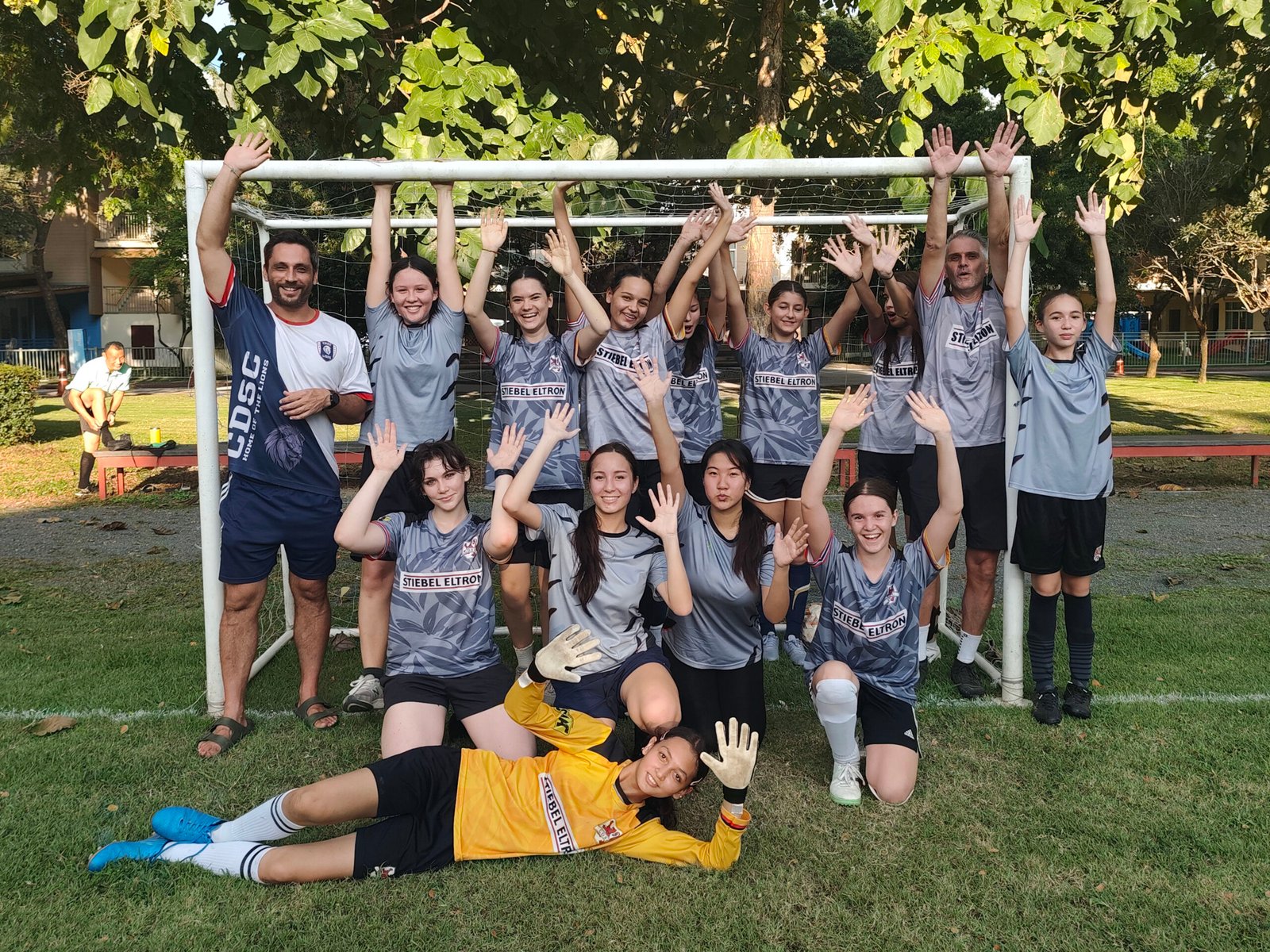“Sustainability is about ecology, economy and equity” – Ralph Bicknese
Have you ever dreamt of a world where every human being has access to good health and wellbeing? A world with economic stability and yet responsible consumption and production? A world where our environment is protected and cared for? Yes! Numerous people have visualised such a world, and the UN as well, with their 17 ‘Sustainable Development Goals’ (SDGs).
In order to acquire a deeper understanding of a way these goals could work in practice, grades 11 and 12 participated in a SDG-game on the 18th January 2023. The SDGs are a UN project which was signed by all 193 countries in the UN, to shift and transform the world into a more environmentally friendly place while addressing means of supporting economic growth and tackling social problems.
We played the “2030 SDGs Game” under the leadership of Mr. Martin Venzky-Stalling and Ms. Ronell Mostert, who had kindly offered the CDSC students this special opportunity. Mr. Hester and Mr. Brendel also joined the game and accompanied us through the project day. We all would like to thank Ms. Mostert and Mr. Venzky-Stalling for the effort they put for us into this project day.
The game was played in groups of two or three, by spending in-game time and money for projects that would either improve or worsen the World Condition Meter (WCM). The WCM consists of 3 categories: Economy, Environment and Society. The game was played in two rounds, in which we traded money and time cards with each other, which then in turn enabled them to run multiple projects and reach their designated goals. The goal of the game was to fulfil one’s SDG (e.g., wealth acquisition, social justice, etc.) while aiming for a balanced World Condition Meter in all three aspects. And surprisingly, by the end of the game, seven out of eight teams had fulfilled their goals and the WCM was almost perfectly balanced!… (If only this were the case in real life).
The game was easy to understand and had multiple dimensions. This enabled us to carefully consider their decisions before acting, seeing the effects these decisions could have on the “world” as a whole.
In conclusion, we were taught about what the SDGs are in theory and were additionally able to experiment with a simplified simulation of running goal-centred projects. We were able to reflect on the parallels this game reveals in relation to the real world as well. We engaged in the discussion of how each individual contributes in their own way to the ecological footprint we have on the planet, and felt that as a whole, this game was a new and enriching experience.
Evie and Korben




